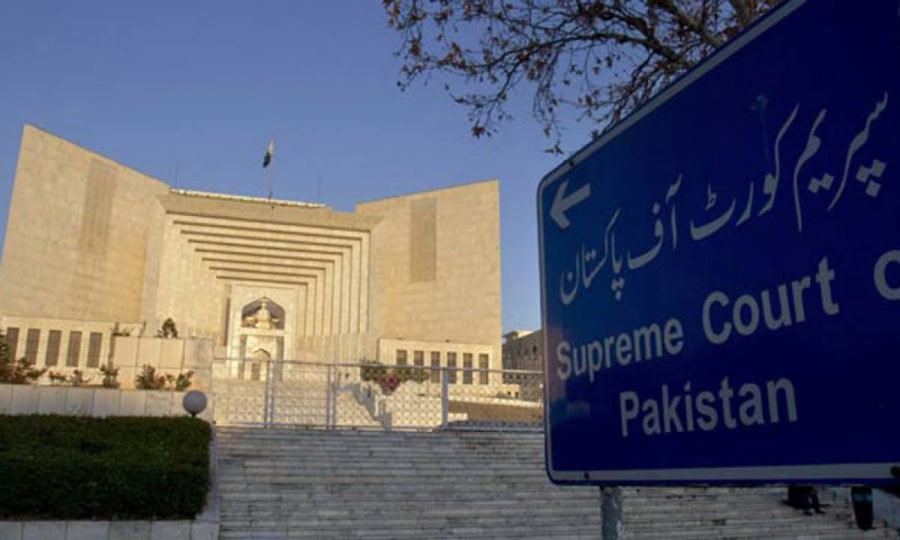The Supreme Court on Thursday deplored “unfortunate” criticism aimed at it over a judgement ordering the release of a person accused of distributing supposedly proscribed religious literature.
Religious parties, social media users and the banned militant Tehreek-i-Taliban Pakistan group recently took exception to the SC decision, with the reaction coming almost two weeks after the apex court’s order on an appeal against a verdict of the Lahore High Court.
In a press release, the apex court said misreporting of its verdict was creating “many misunderstandings” with the impression being created that the court had denied the Second Amendment (September 1974), designed to declare Ahmadis as non-Muslims, or called for the elimination of relevant sections for crimes against religion in the country’s legal codes.
“This impression is completely wrong,” the SC stated.
The apex court’s press release said that even if the accusations in the first information report for the case were believed, they did not merit the application of the sections charged but rather Section 5 of the Criminal Law Amendment Act, 1932, related to dissemination of contents of prescribed documents.
The press release further stated that as per the abovementioned section, a maximum sentence of six months imprisonment could be given, of which the petitioner had already served a year, and thus, he was released on bail considering Islamic rulings, constitutional sections and principles of law and justice.
“It is sad that emotions flare up in such cases and Islamic rulings are forgotten,” the apex court said, adding that the written verdict quoted relevant verses of the Holy Quran.
It added that Chief Justice of Pakistan Qazi Faez Isa strove to ensure that the court’s interpretation of the law aligned with Islamic sources of law as well as the country’s Constitution.










